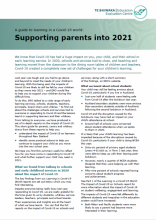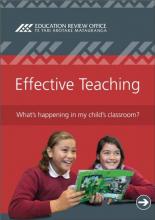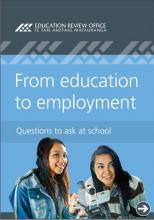Te Muka Here Tangata – The strand that binds people
This case study explores the impact of the 2020 Covid-19 events on Māori learners in English-medium schools, and the response of leaders, schools and communities in the Bay of Plenty and East Coast regions.













